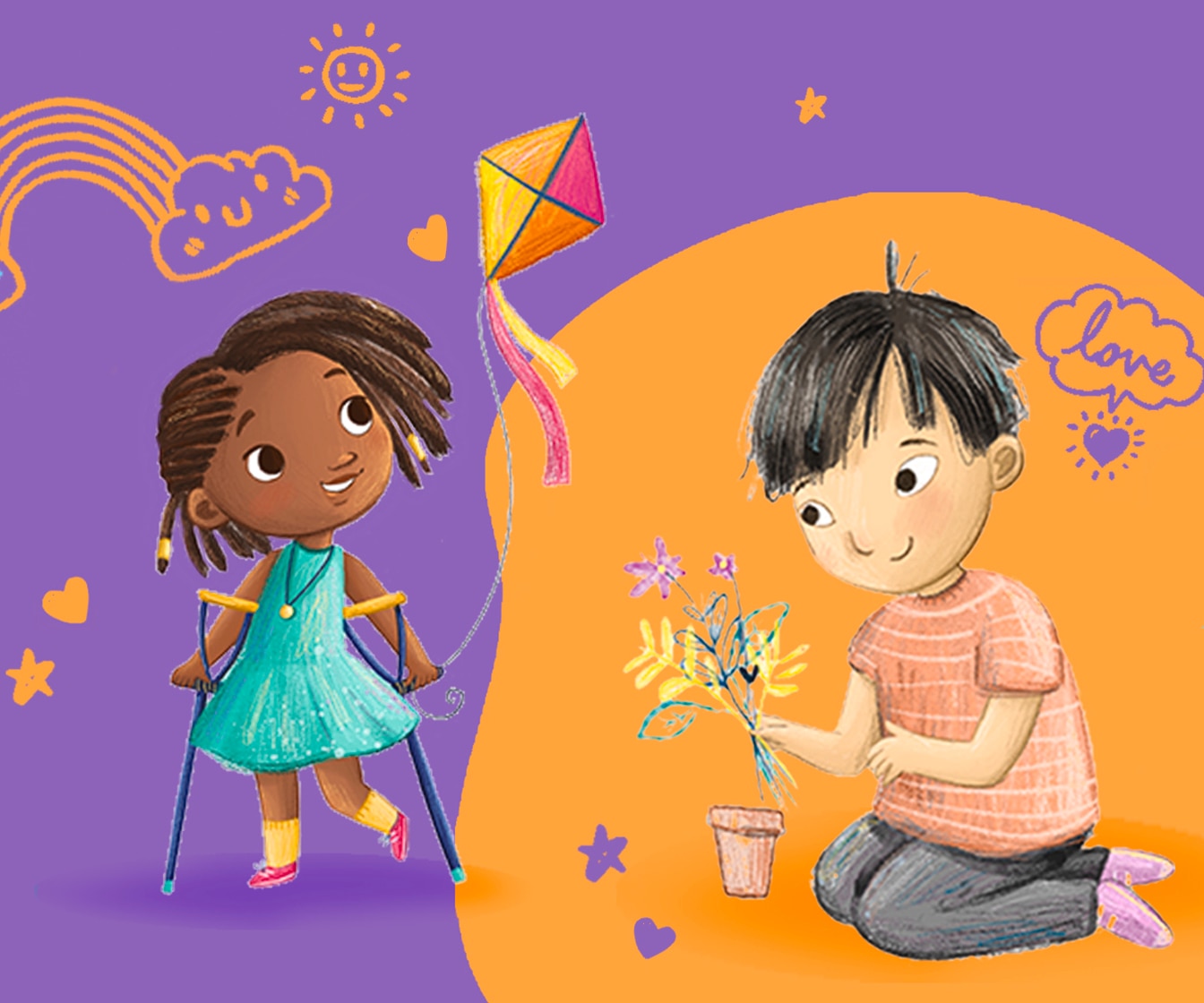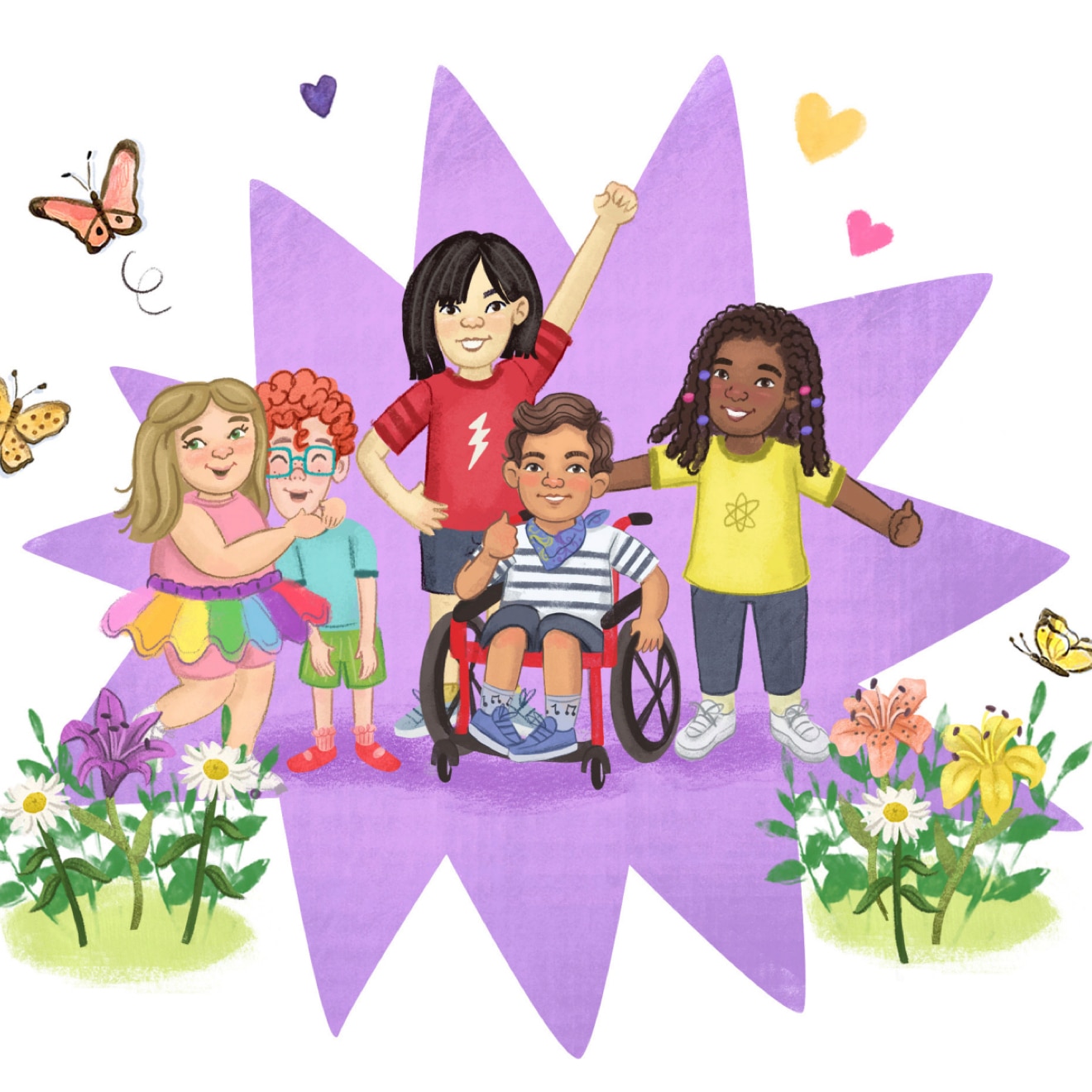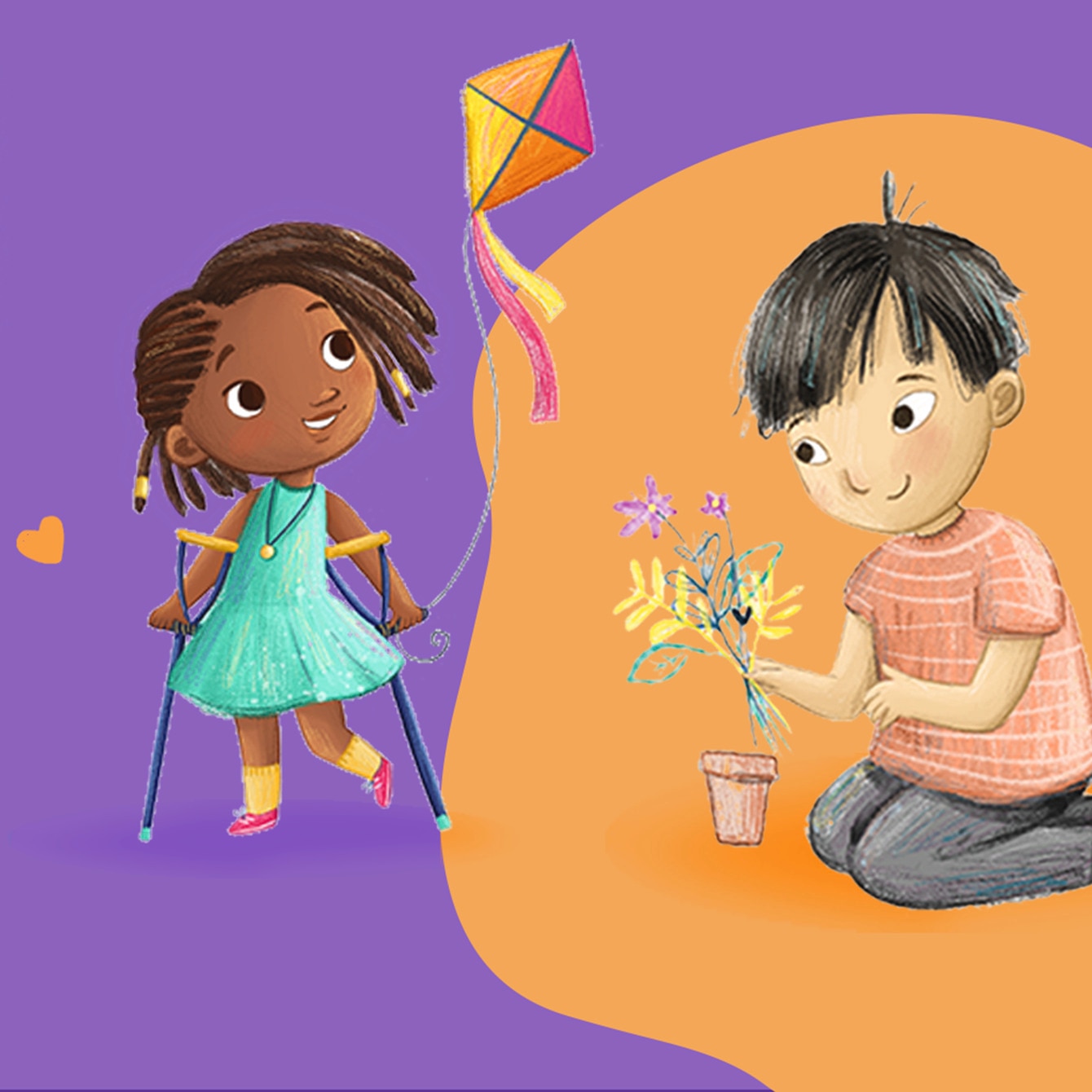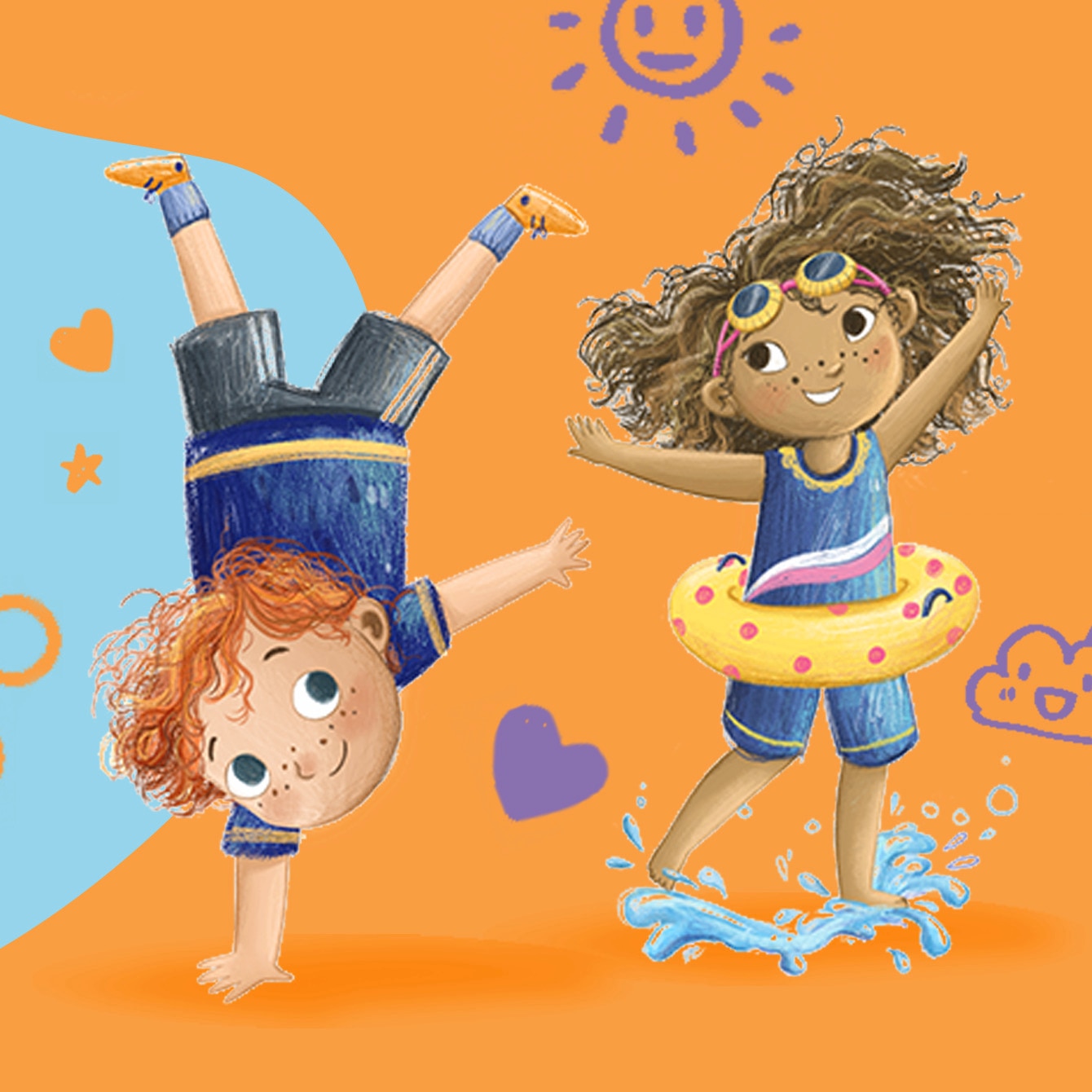Positive body image is so important. And as a parent, guardian or mentor, you might be wondering what you can do to help the people you love develop positive attitudes towards their body. For kids and pre-teens, family members are a huge influence. So, how you talk about appearance ideals and stereotypes around them is really important.
One way you can help is to be mindful of how you talk to kids about their body and other people’s bodies, as well as how you talk about your own body in your everyday conversations.
What is body talk and why does it matter?
Body talk refers to comments and conversations that reinforce societal standards of beauty. This happens regardless of whether it is intended positively or negatively.
Kids learn by watching and listening to those around them and they’re particularly influenced by their home environments. Parents and guardians, as well as older siblings are important role models for young children. You might even notice that they’ll copy what you say and do.
Research has found that, if parents or guardians engage in negative body talk, this can lead to the kids in their lives having poor body image and low self-esteem1,2. Talking about physical appearance and placing value on certain ‘desirable’ traits sends the message to kids that appearance equals worth. It can also lead them to believe that certain attributes are more acceptable than others and they can end up overvaluing appearance in themselves and others.
How can I be a good role model?
Mothers have reported that it is easier to role model positive body image to their children, if they have a more positive body image themselves3. If you know that body image is something that you struggle with, you might want to take steps to improve your own body confidence, too. Not only will this benefit you, it will also help you build your child’s confidence.

Body image expert and mum of two, Dr Stephanie Damiano
If you’re wondering how to build self-esteem in children, avoiding negative body talk is a good place to start. Whether you talk about your own body or other people’s, try to start modelling body acceptance. This can play an important role in helping you instill confidence in your child, and help them develop a positive and healthy relationship with their body.
Parent checklist
- The influence of maternal modeling on body image concerns and eating disturbances in preadolescent girls
- “Mom, quit fat talking—I'm trying to eat (mindfully) here!”: Evaluating a sociocultural model of family fat talk, positive body image, and mindful eating in college women
- Leading by example: Development of a maternal modelling of positive body image scale and relationships to body image attitudes




